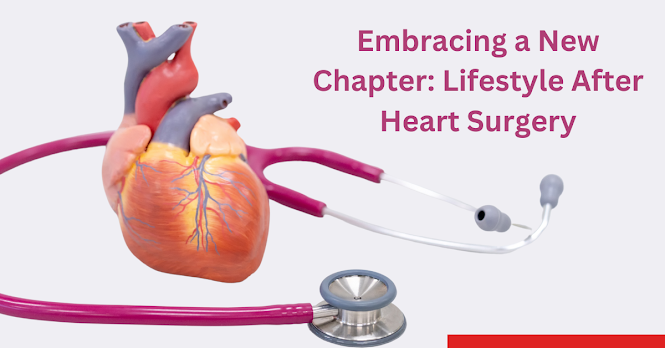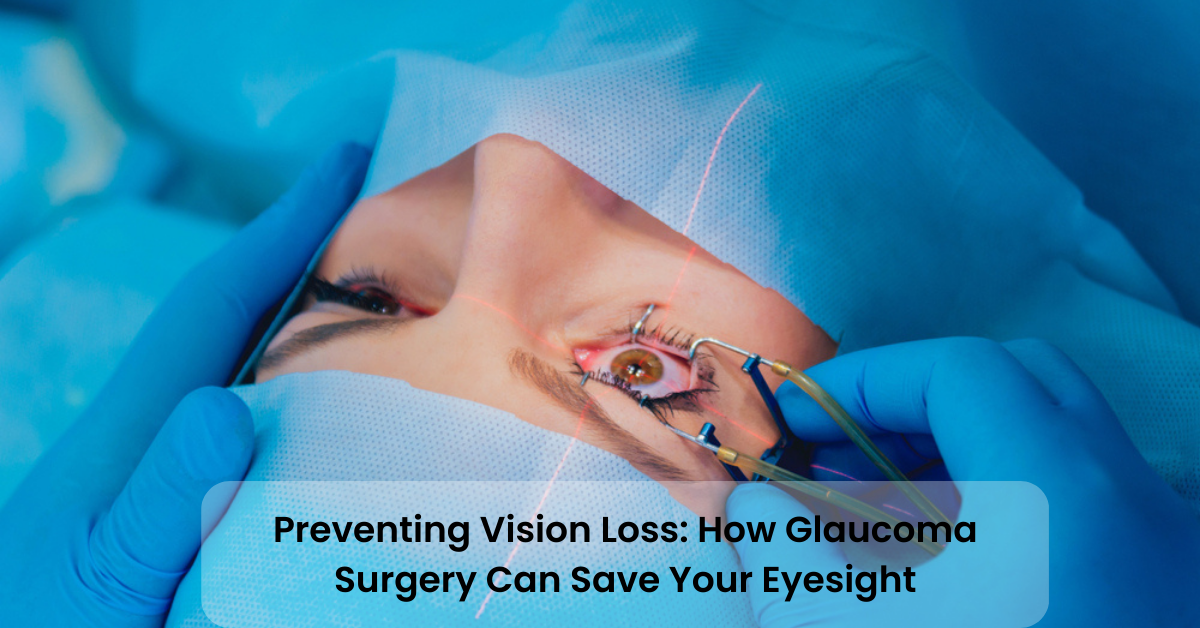Fistula - Types and Treatments

Fistula refers to an abnormal connection or passageway between two organs or structures in the body that are not normally connected. These fistulas can occur in various parts of the body and can be the result of injury, infection, inflammation, or complications from previous surgery. Fistula Treatment in Coimbatore Here we discuss the types of fistula and list of fistulectomy surgery options available. The most common types of fistulas include: Gastrointestinal Fistula: An abnormal connection between different parts of the digestive tract, such as between the intestines, stomach, or esophagus. Gastrointestinal fistulas can lead to the leakage of stomach contents into other parts of the abdomen, causing infections and nutritional problems. Anal Fistula: Anal fistula refers to the abnormal passage that develops in between the skin near the anus and anal canal or rectum. It is often the result of an abscess or infection in the anal glands. It is often the result of a...


